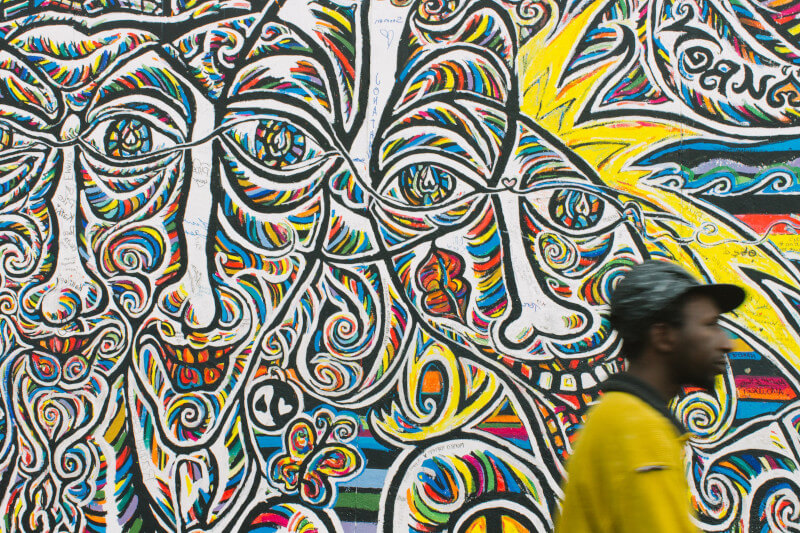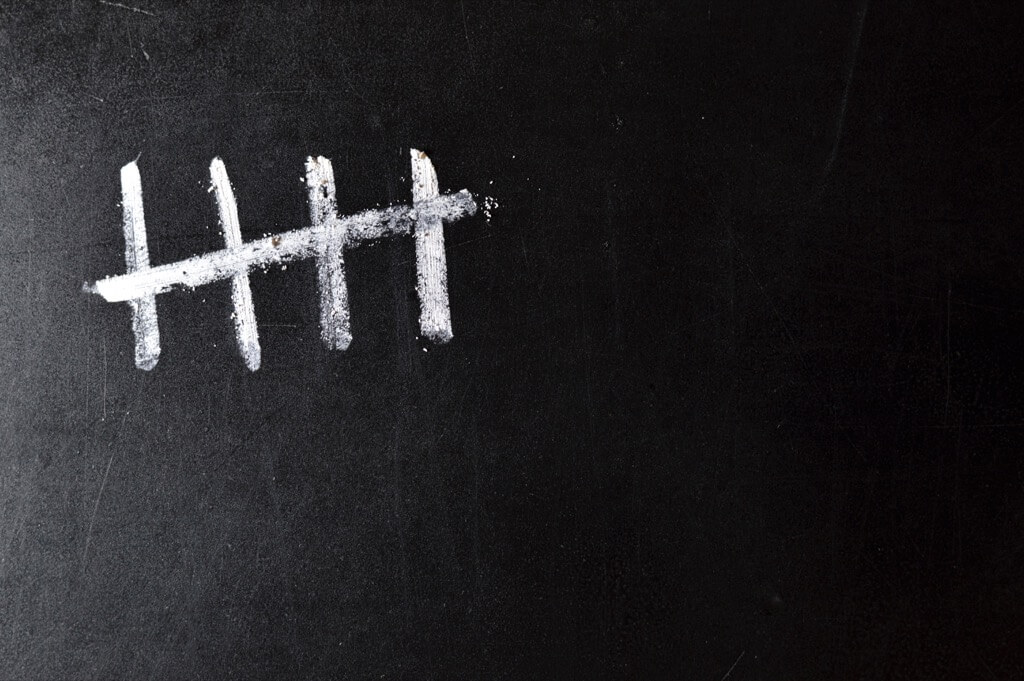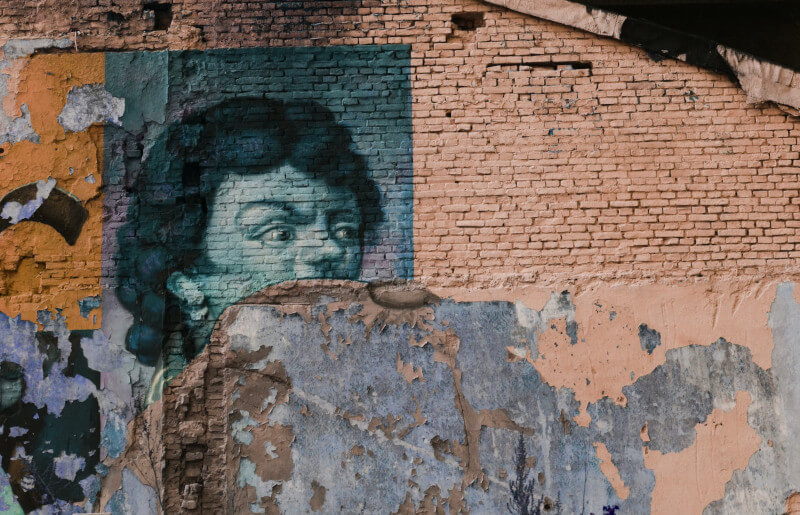In the middle of Durban, there lived a young man named Hoosen Bobat whose love of tennis took him beyond himself. He was a tremendous 18-year-old talent, but a cruel social system kept him from taking his position on the Wimbledon court where he belonged. University student Bobat showed great promise, and in 1971 he almost made history by being the first black South African to compete in the Wimbledon men’s junior event. The spectre of apartheid and the International Lawn Tennis Federation’s complicity cast a pall over an otherwise promising future.
Bobat shared his honest thoughts, saying, “The dream was within reach.” It was unreal to imagine playing with the best in the world, but I knew I was prepared. Unfortunately, the era we lived in was harsher than any opponent on the tennis court.”
Dhiraj’s Gang and the Motivation
The 1971 international tour by a squad of black South Africans is the subject of my most recent book, titled “Tennis, Apartheid, and Social Justice.” In addition to our main character, Hoosen Bobat, the “Dhiraj Squad” also included Jasmat Dhiraj, Alwyn Solomon, Oscar Woodman, Cavan Bergman, and others.
These young men took a tour of European tournaments to improve their skills and represent the values of fair play and individual worth. The Southern African Lawn Tennis Union, the group in charge of coordinating this trip, was opposed to the country’s historically racist approach to the sport.
Apartheid, the Visible Enemy We Must Confront
In the racially tense and segregated South Africa of 1971, black people’s rights were often violated. As a result of white supremacy, black athletes were deprived of quality training and competition opportunities. Apartheid turned sports into a battlefield for people’s hopes and desires.
While playing tennis, Bobat felt that he was fighting not only his opponent but also the system. It was like playing two sets against an invisible opponent.
International Lawn Tennis Federation’s Role Like a Chess Match
In a heated game of chess, the International Lawn Tennis Federation and the white South African tennis body planned moves that denied Bobat his dream. Unfortunately, Wimbledon was dragged into this political drama as a reluctant participant. Not only did this conspiracy make Bobat sad, but it also established a disturbing example for any future black tennis players.
No Acknowledgement, No Compensation
Despite progress towards democracy, apartheid’s legacy lives on, especially in the sport of tennis. There is a large wealth gap in tennis courts and coaching facilities between white suburbs and black urban centres in today’s sports environment. The failure to honour and compensate outstanding non-racial tennis players from the apartheid era is more troubling.
When it comes to tennis, Bobat says, “Democracy brought many changes, but progress has been slow.” Large inequalities persist, though, and must be reduced.
Truth and Justice Must Be Preserved
There should be a Truth and Reconciliation Commission for sports in light of these heinous wrongs. This committee has the potential to expose crimes committed against athletes during the apartheid era, identify those responsible, and create a concrete strategy for reparations and transformation. It is time for South Africa to confront its past and establish genuine healing, as Nelson Mandela once said, “Only the truth can put the past to rest.”
Let us not forget, as we draw to a close, that for Bobat and many others, the tennis match was about much more than just a game. It was a struggle for freedom and equality that pitted people against apartheid’s institutionalised oppression. While we can’t change the past, it should motivate us to learn from our mistakes and work towards a future where no one’s aspirations are stifled because of their race or socioeconomic status.
So let’s do right by Hoosen Bobat and all the athletes whose hopes and ambitions were crushed under apartheid’s iron fist. It’s still very early in the game.
About the Author:
Edmore Nkosi is a riveting South African journalist, specializing in entertainment and current affairs. With his unique ability to blend pop culture with real-world events, Edmore has carved a niche in providing captivating narratives that resonate with a diverse readership.




